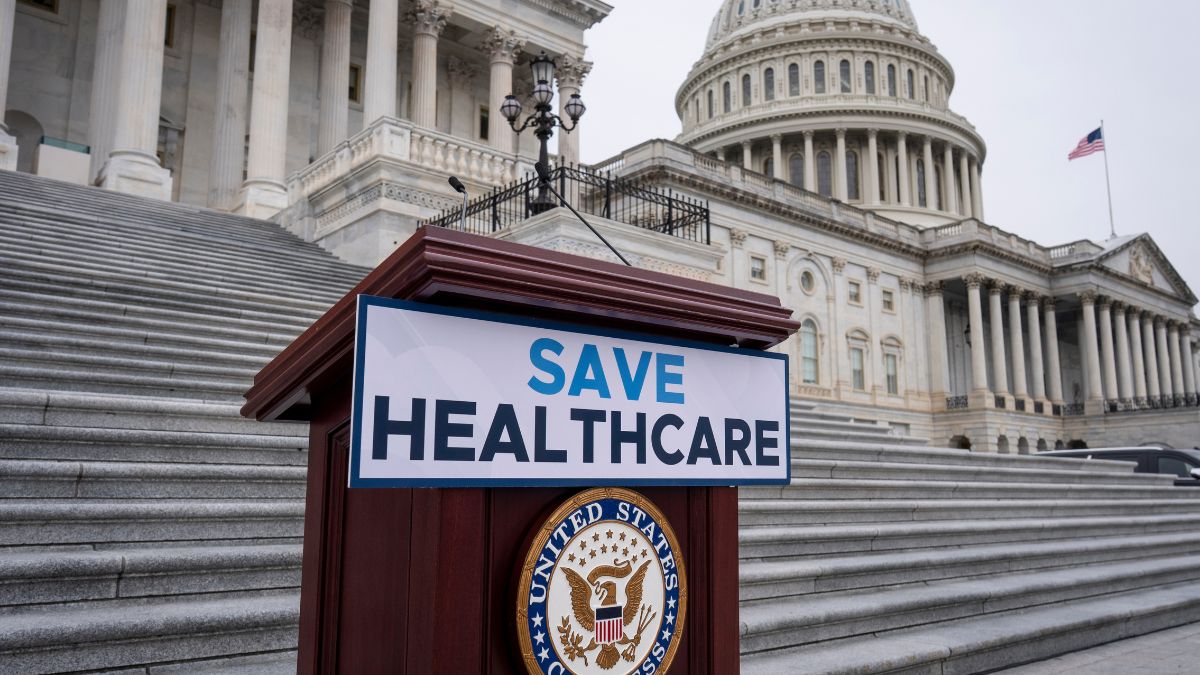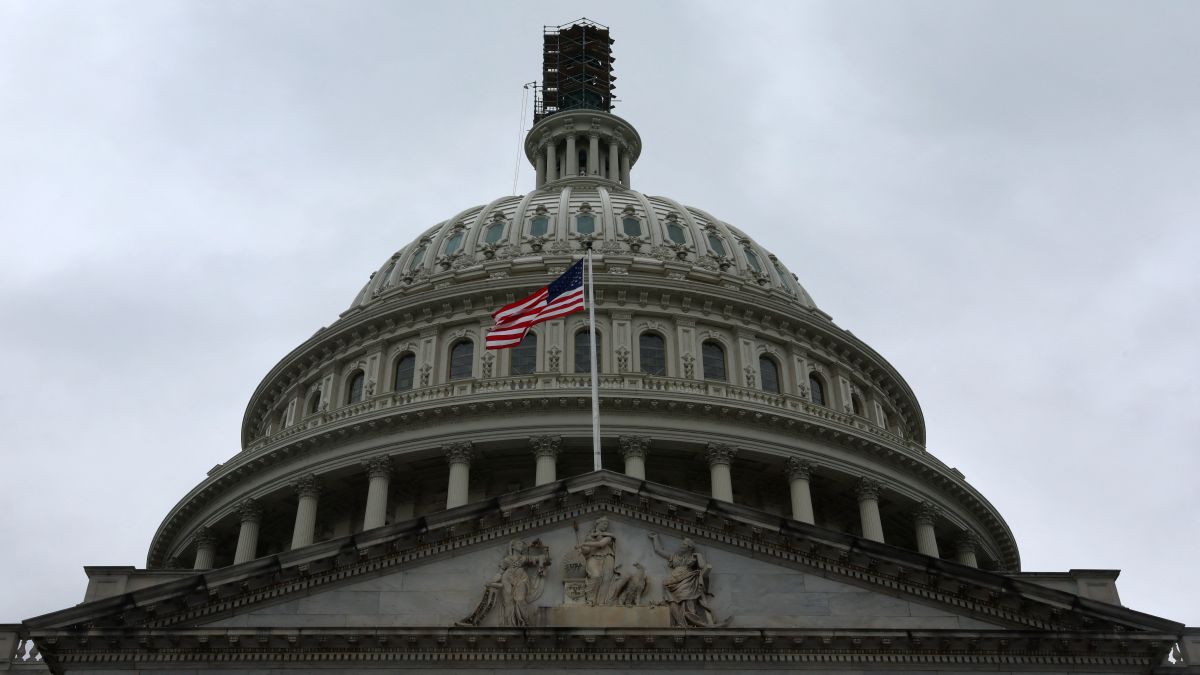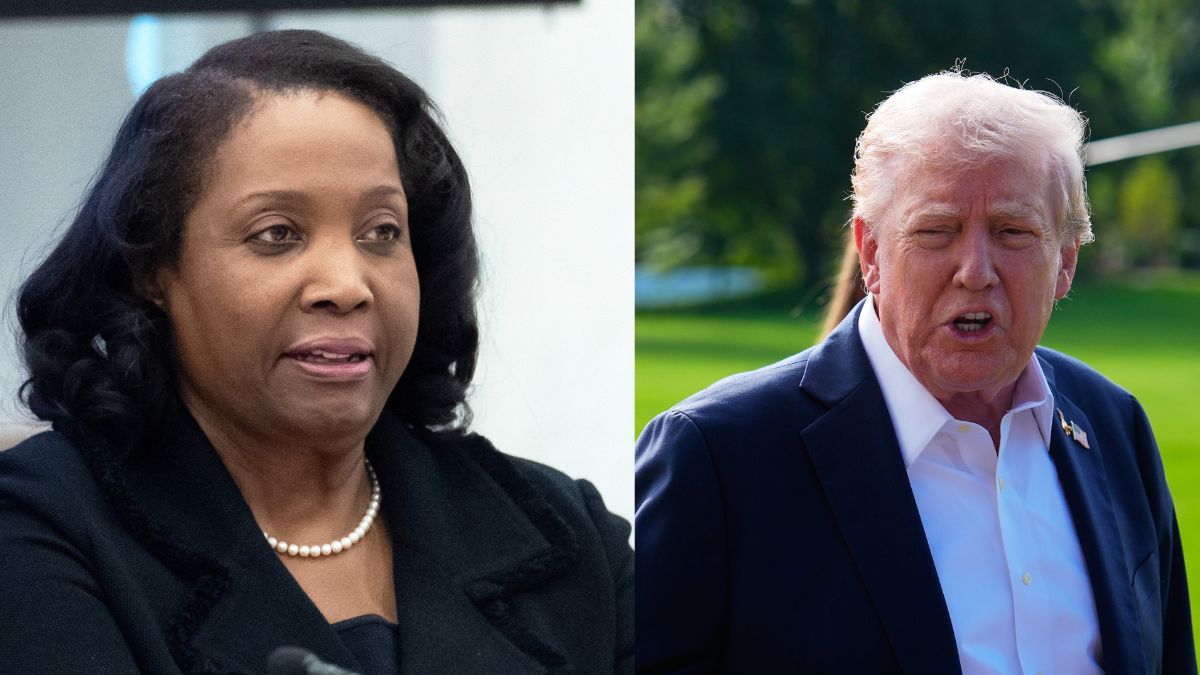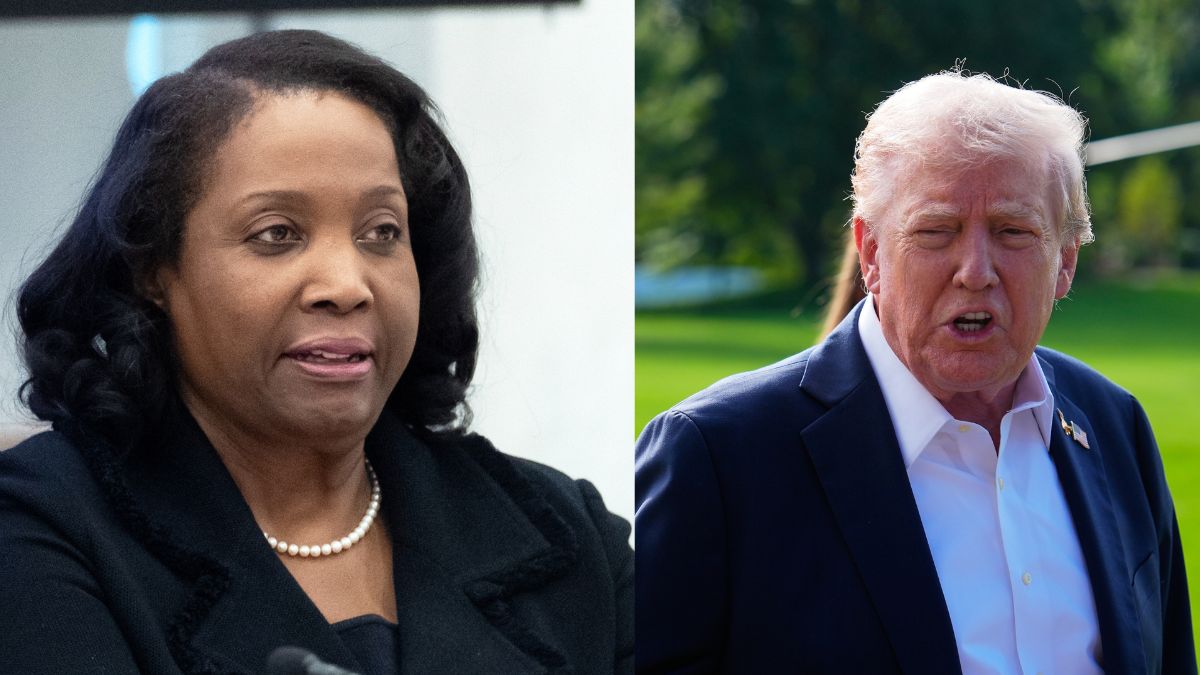The US government shut down on Wednesday as Democrats and Republicans clashed over funding priorities, with Democrats insisting that any deal must address health care provisions and Republicans arguing that such negotiations could follow once the government is funded.
The standoff centers on tax credits that have made health insurance more affordable for millions since the COVID-19 pandemic. These subsidies, aimed at low- and middle-income individuals purchasing coverage through the Affordable Care Act (ACA), are set to expire at year-end if Congress does not extend them. Without renewal, premiums for subsidised enrolees could more than double next year, according to a KFF analysis.
Democrats are demanding that the subsidies, first introduced in 2021 and extended in 2022, be extended again. They are also seeking to reverse Medicaid cuts included in President Donald Trump’s recent mega-spending bill, which, although not immediately effective, have prompted some states to reduce Medicaid payments to health providers.
Some Republicans have expressed willingness to consider extending the tax credits, recognising that many constituents would face steep premium increases. However, GOP lawmakers say that health care negotiations will take time and prioritise a stopgap measure to reopen the government.
ACA enrollment has reached a record 24 million people, largely thanks to the subsidies, which allow some lower-income enrollees to pay no premiums and cap high earners’ contributions at 8.5% of their income. Middle-class eligibility has also been expanded.
If the subsidies expire at the end of 2025, enrollees across income brackets are expected to see significant cost increases, with annual out-of-pocket premiums projected to rise by 114%, or roughly $1,016, next year.
Impact Shorts
More ShortsThe GOP tax and spending bill passed this summer includes more than $1 trillion in cuts to Medicaid and food assistance over the next decade, primarily by introducing new work requirements for aid recipients and shifting certain federal costs to the states.
Republicans’ tax and spending bill passed this summer includes more than $1 trillion in cuts to Medicaid and food assistance over the next decade, largely by imposing new work requirements on those receiving aid and by shifting certain federal costs onto the states.
Medicaid’s programs, which serve low-income Americans, enroll roughly 78 million adults and children. The nonpartisan Congressional Budget Office projects 10 million additional Americans will become uninsured in the next decade as a result of Republicans’ law, between Medicaid and other federal health care programs.
Democrats want to roll back the Medicaid cuts in any government funding measure, while Republicans have argued that cuts are needed to reduce federal deficits and eliminate what they say is waste and fraud in the system.
Democrats have insisted an extension of the health subsidies needs to be negotiated immediately as people are beginning to receive notices of premium increases for next year.
“In just a few days, notices will go out to tens of millions of Americans because of the Republican refusal to extend the Affordable Care Act tax credits,” House Democratic Leader Hakeem Jeffries said Tuesday on the steps of the U.S. Capitol.
He added the higher health care costs millions of Americans are facing are coming “in an environment where the cost of living is already too high.”
At the White House on Monday, congressional Democratic leaders shared their health care concerns with Trump. Senate Democratic Leader Chuck Schumer said after the meeting that Trump “was not aware” that so many Americans would see increases to their health care costs.
Republican leaders say they handed Democrats a noncontroversial stopgap funding measure and argue that Democrats are instead choosing to shut the government down.
“We didn’t ask Democrats to swallow any new Republican policies,” Senate Majority Leader John Thune said after Tuesday’s failed vote. ”We didn’t add partisan riders. We simply asked Democrats to extend the existing funding levels, to allow the Senate to continue the bipartisan appropriations work that we started. And the Senate Democrats said no.”
Republican leaders have offered to negotiate with Democrats on ACA health insurance subsidies — but only once they vote to keep the government open until Nov. 21.
“I will go to the Capitol right now to talk to Chuck Schumer and Senate Democrats about premium support for the Affordable Care Act, but only after they’ve reopened the government,” Vice President JD Vance said Wednesday on Fox News.
That might be easier said than done, with many Republicans in Congress still strongly opposed to extending the enhanced tax credits.
With inputs from agencies


)

)
)
)
)
)
)
)
)



